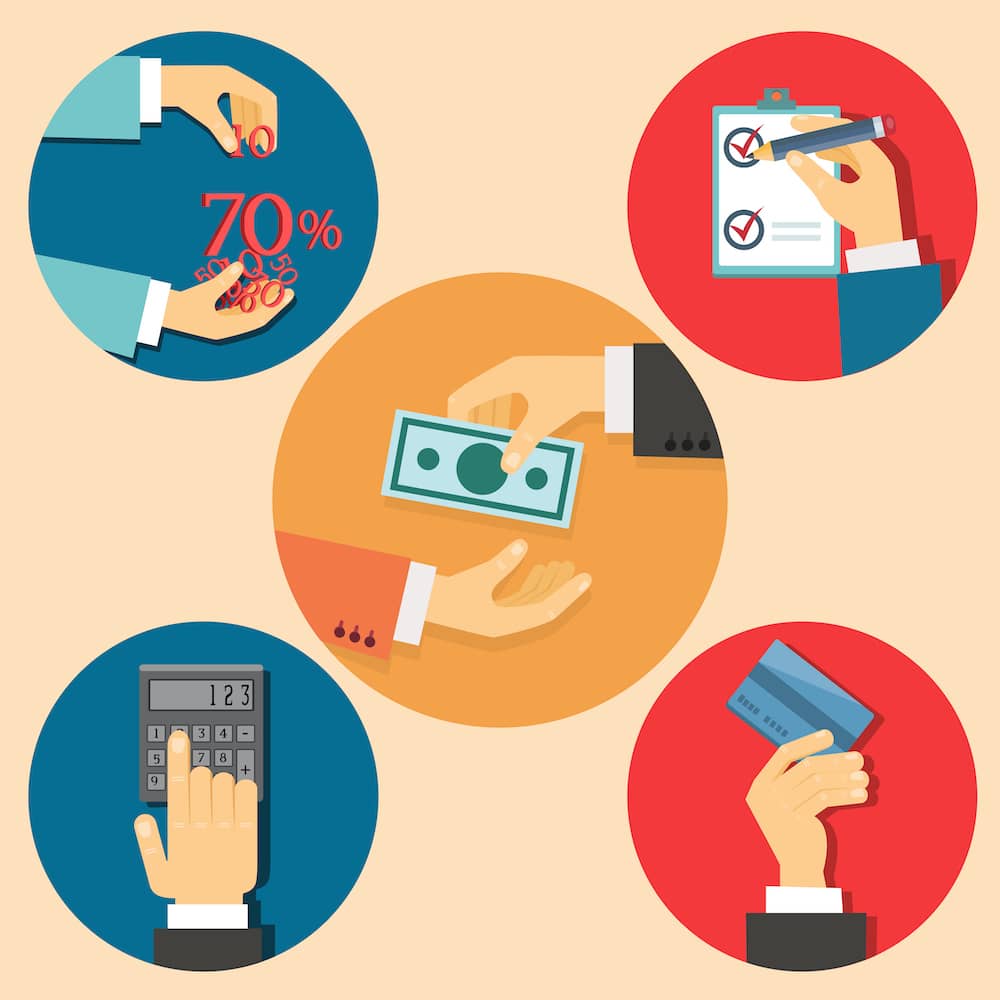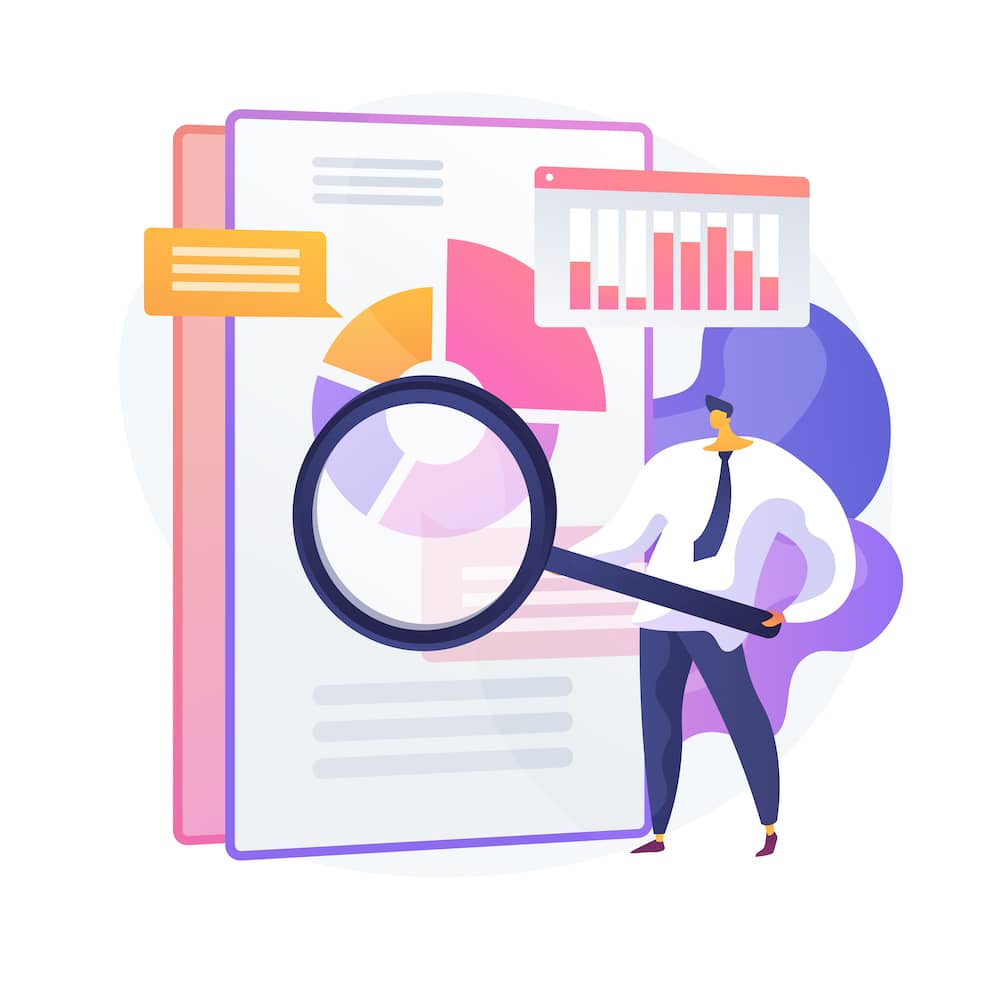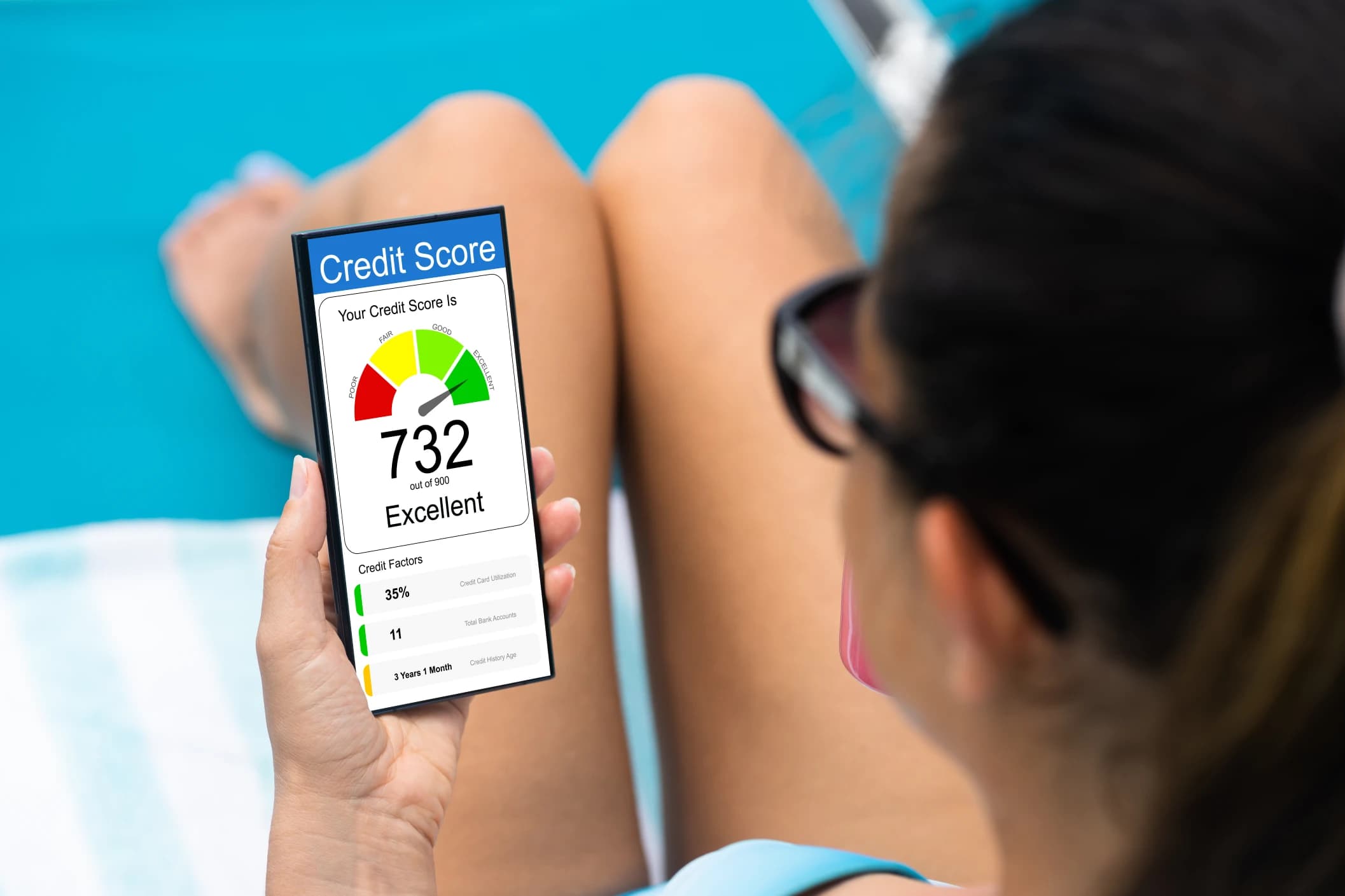Knowing how to check your credit report for errors can save you from becoming a victim of identity theft and misreported credit limits. Credit report errors harm your creditworthiness and can stay on your credit report for six to ten years, so the sooner you resolve them, the better.
How can you fix these errors when you do not know what they are or find them first? This article will show you how to identify and resolve the five most common credit report errors on time.
How Can I Check My Credit Report for Errors?
Make it a habit to check your credit report regularly. Credit bureaus like Equifax Canada, and TransUnion Canada will provide a copy of your credit report upon request.
If you send an online request, you need to pay a small processing fee to get instant access to the report — no extended waiting time.
You can also make a written request using the forms provided by Equifax and TransUnion. Here, you will be asked to submit copies of your government-issued identification like your passport or driver's license.
Credit bureaus have official telephone communication channels you can get in touch with and follow the instructions to get a copy of your credit report.
Regardless of the method you opt for; your credit bureau will always ask you to confirm your identity before giving you any information.

5 Most Common Credit Report Errors
Now that you have a copy of your credit report, what kind of errors should you look out for? Let's go through five of the most common credit report errors you can find.
Inaccurate Payment History
Missed or late payments can lower your credit score significantly and reduce your creditworthiness. While you can still secure low credit score loans, there's no need to go this route when you paid all your previous loans on time and have an excellent personal finance record. If your credit report lists any on-time payments as "late" or "missed," you should contact the bureau immediately.
Incorrect Account Details
Having the wrong account information on your report can ruin your credit score and affect your chances of being instantly approved for a loan. For example, if your report shows an incorrect credit limit, a lender might interpret this to mean you are not credit-worthy.
Having a low credit limit shows that you're using more credit than is available in your account. This can cost you a loan because it means you may not pay the borrowed money back on time.
Once you receive your credit report, go through it carefully to confirm that all the accounts listed belong to you. Go through your personal information and make sure the credit bureau did not misspell your name, record the wrong address, or input an incorrect date in your report.
Balance Errors
Your report may contain inaccurate information on your credit balance. This is a problem because lenders consider your credit utilization ratio before giving you a non-collateral loan. If your credit history shows that you are using more credit than is available to you, you are less likely to qualify for a loan in Canada.
Accounts That Don't Belong to You
It's not uncommon for a stranger's credit account to appear on your record. In some cases, this is a genuine mistake from your credit bureau; other times, it means that someone has stolen your identity and used your personal information to secure a form of major credit.
Resolving identity theft cases isn't easy, so make sure you contact the credit bureau as soon as you notice any identity errors.
Closed Accounts Are Reported As Open
If your closed accounts are not labeled correctly, it will hurt your creditworthiness.
Sometimes, your credit report lists settled payments as outstanding. This type of account reporting error can significantly lower your credit score, so be sure to dispute it quickly.

How to Fix a Credit Report Error
Identifying credit report errors is one piece of the puzzle; you also need to fix them so your credit record gets back to normal. As the authorized user of the account, disputing any form of incorrect information in your credit report is your right. Follow this step-by-step guide to correct credit report errors on time.
Get prepared to dispute credit report errors by gathering related documents to your credit account. If you're dealing with an incorrect account details issue, you need to have proof of identification, receipts, statements, and other relevant records.
Contact the credit bureaus (Equifax and TransUnion) and fill all necessary forms to report the error. Under the Fair Credit Reporting Act, the credit bureau must investigate your dispute and provide an update within 30 days. Your credit reporting company will cross-check your claim before making any requested updates to your records.
If the process is slow, you can speed things up by contacting your creditor. For example, if you have a loan, get in touch with your money lender to resolve the issue and update your records with the credit reporting agency.
To build a stronger case, consider adding a consumer statement or dispute letter to your report. You can also file a complaint to your provincial consumer affairs office if you feel the credit bureau cannot handle the case.
Summary
Ignoring credit report errors can ruin the good credit score you've worked so hard to build. No matter how minor the error appears to be, make sure you check in with the appropriate financial institutions to resolve it as soon as possible. This is the best way to boost your financial health as a Canadian.













